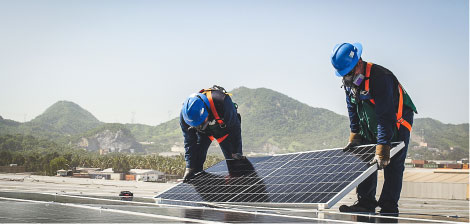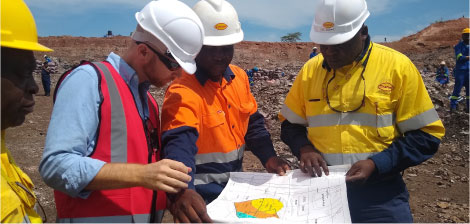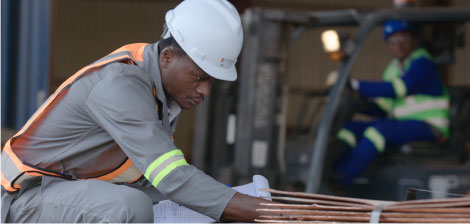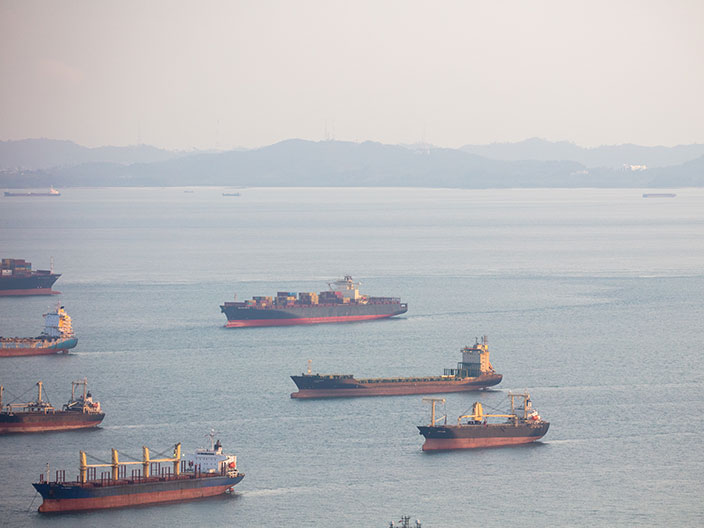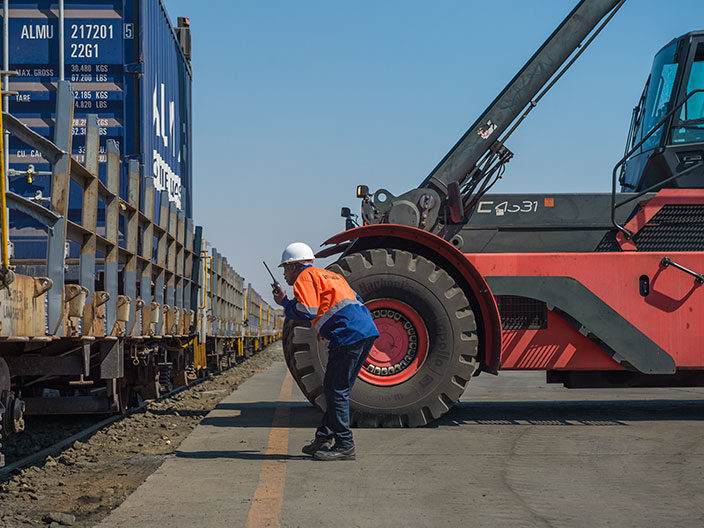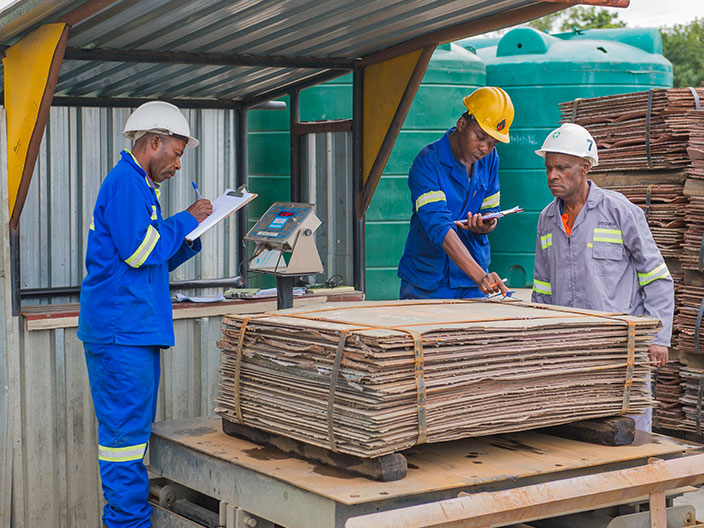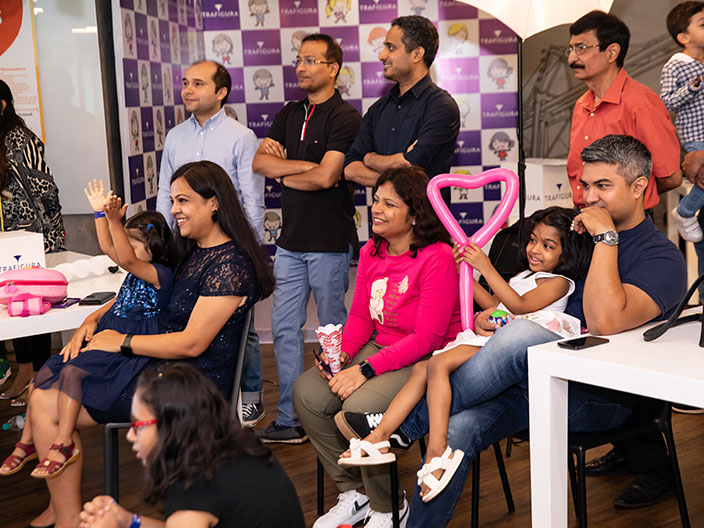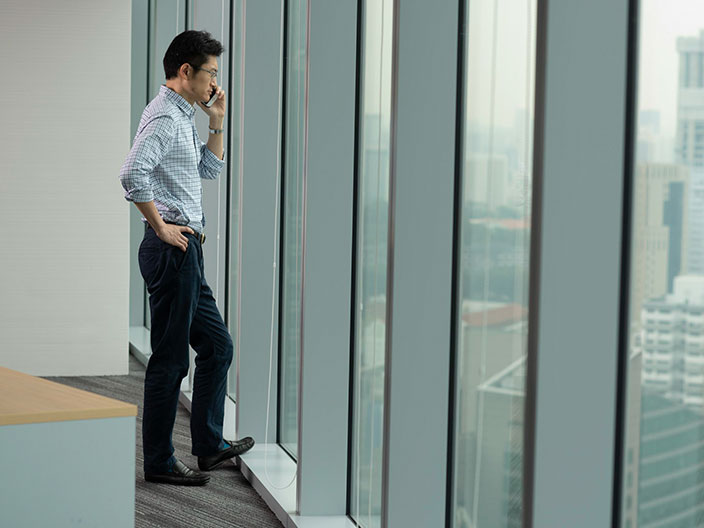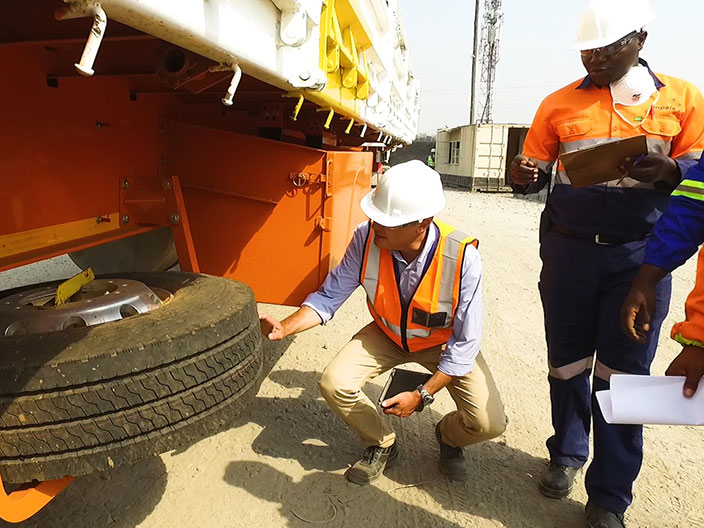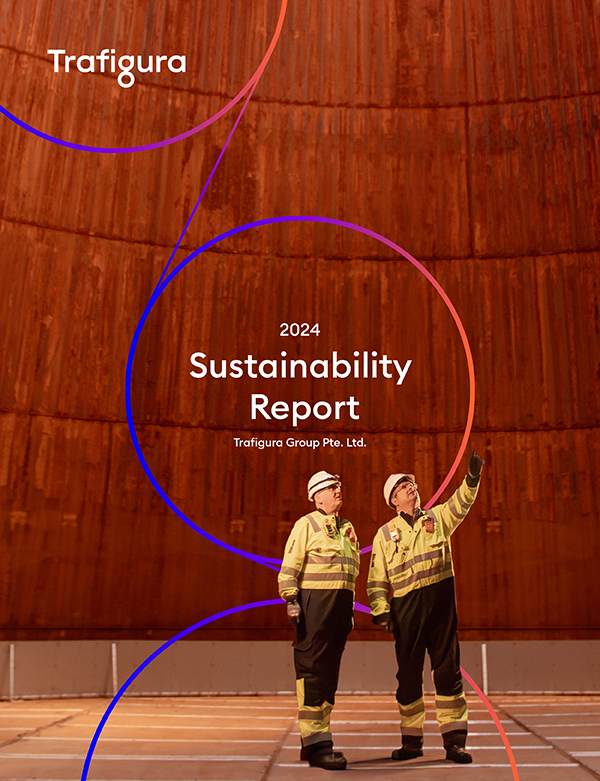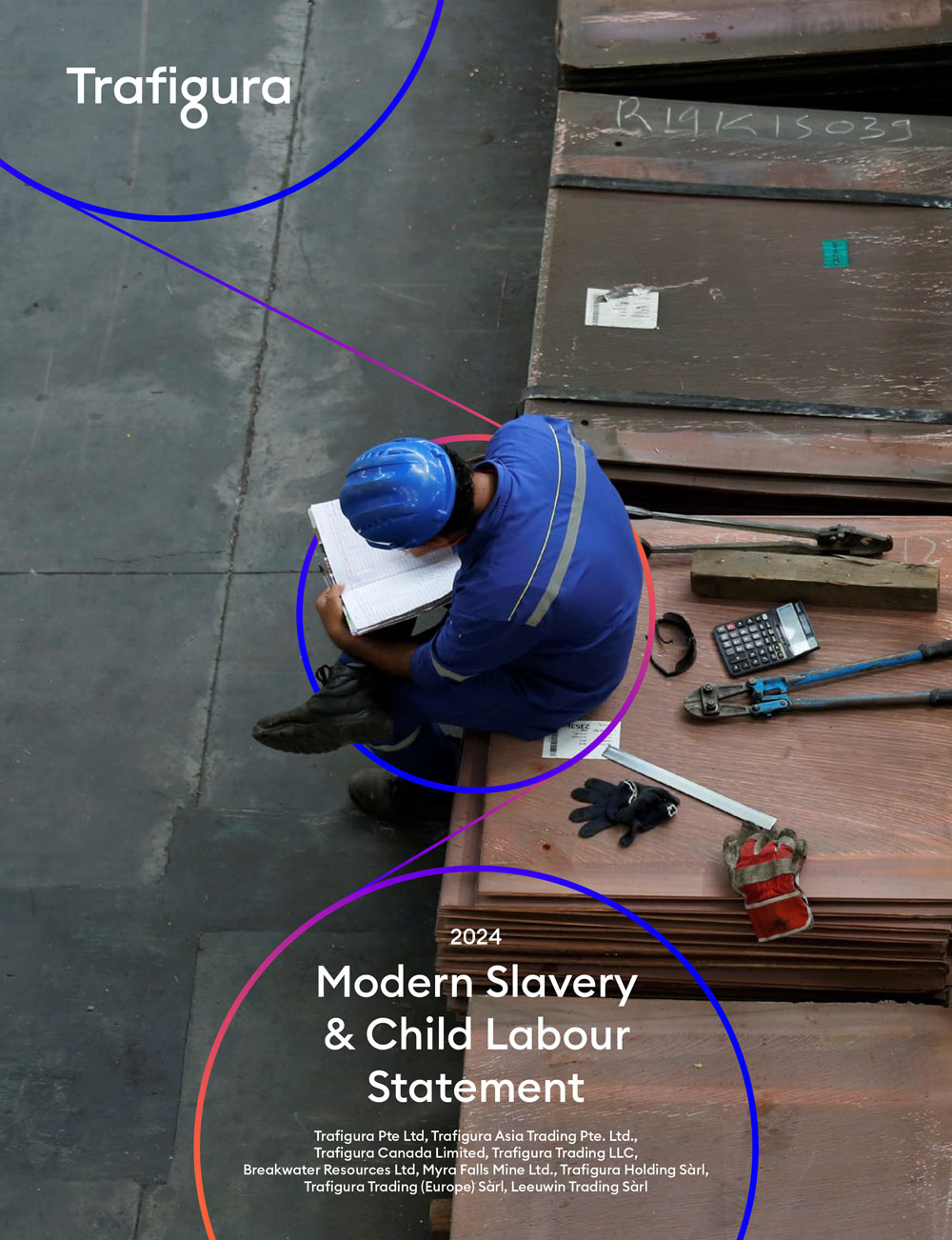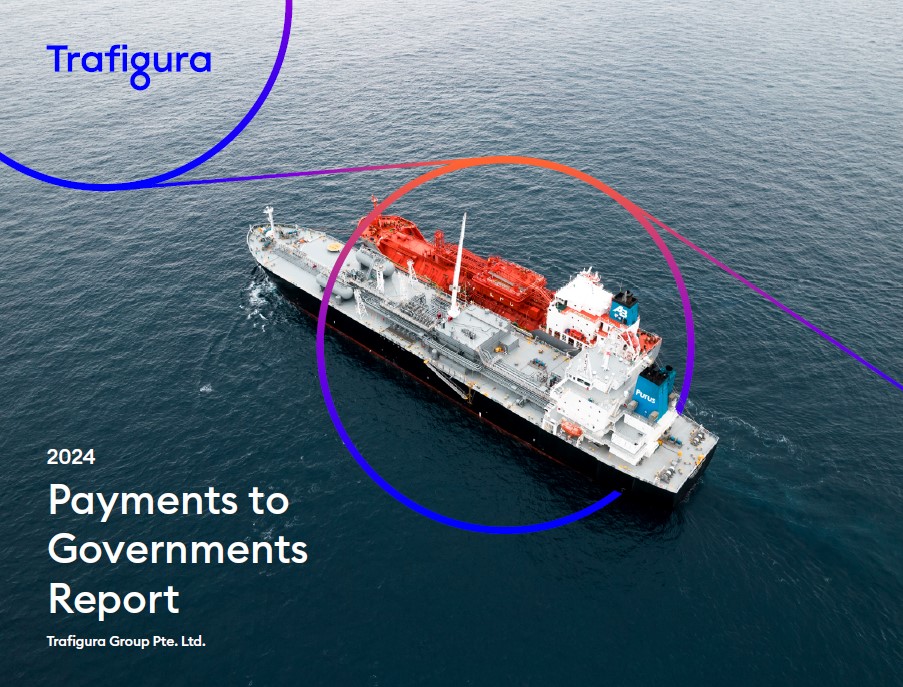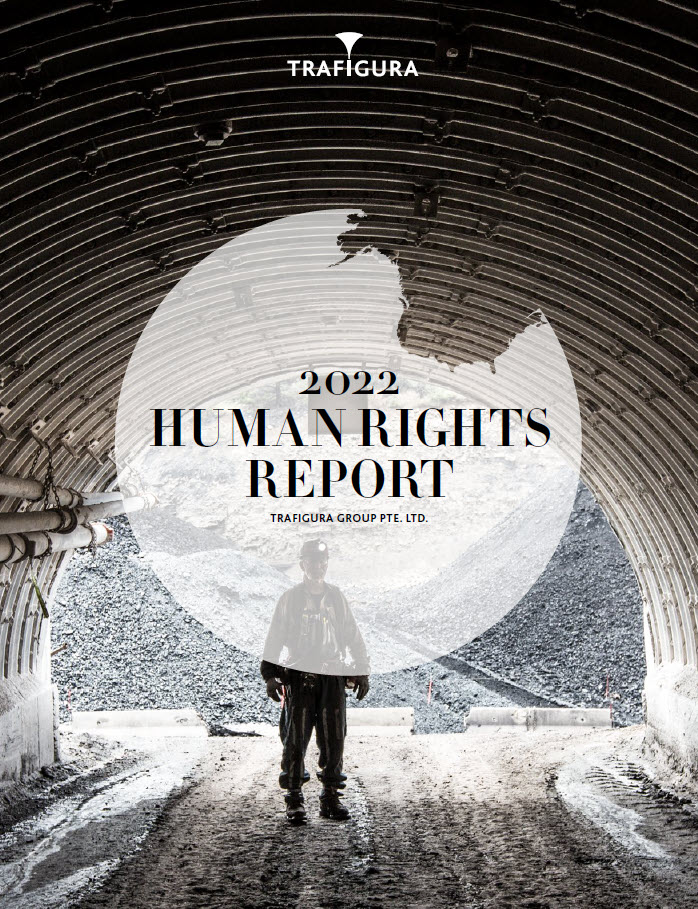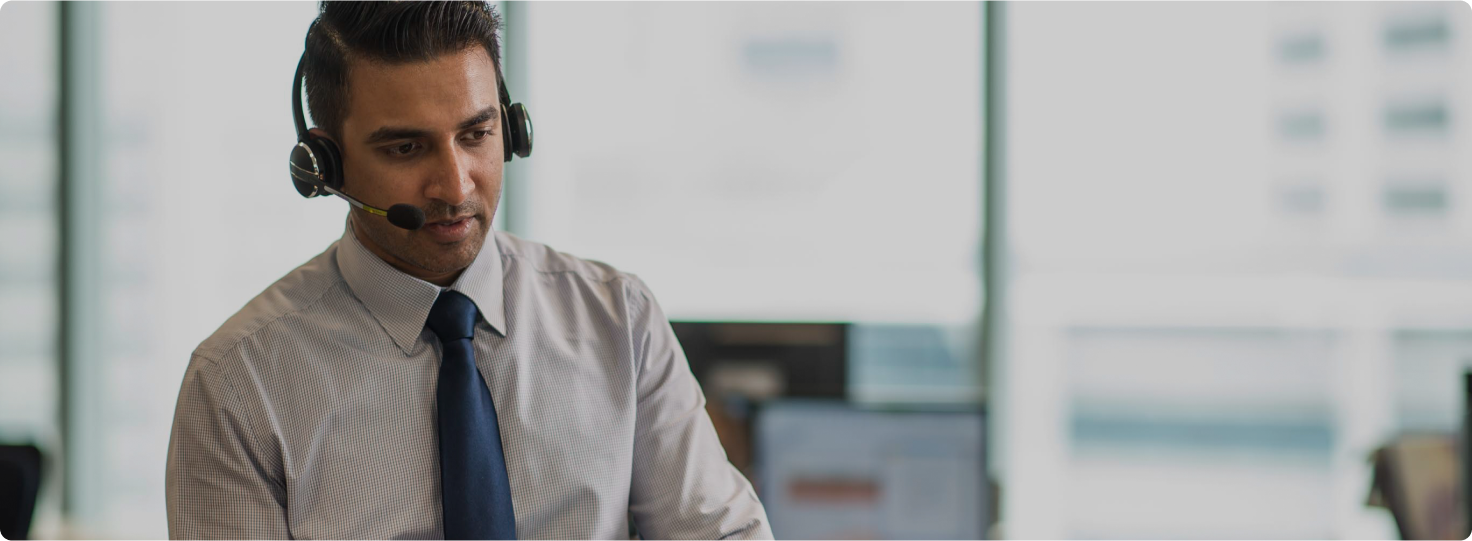RESPONSIBLY SUPPLYING RESOURCES
Sustainability
We play an active role in the energy transition and we supply vital commodities to meet current and future needs.
We are committed to operating safely, managing our impacts and supporting positive outcomes for the environment and communities.
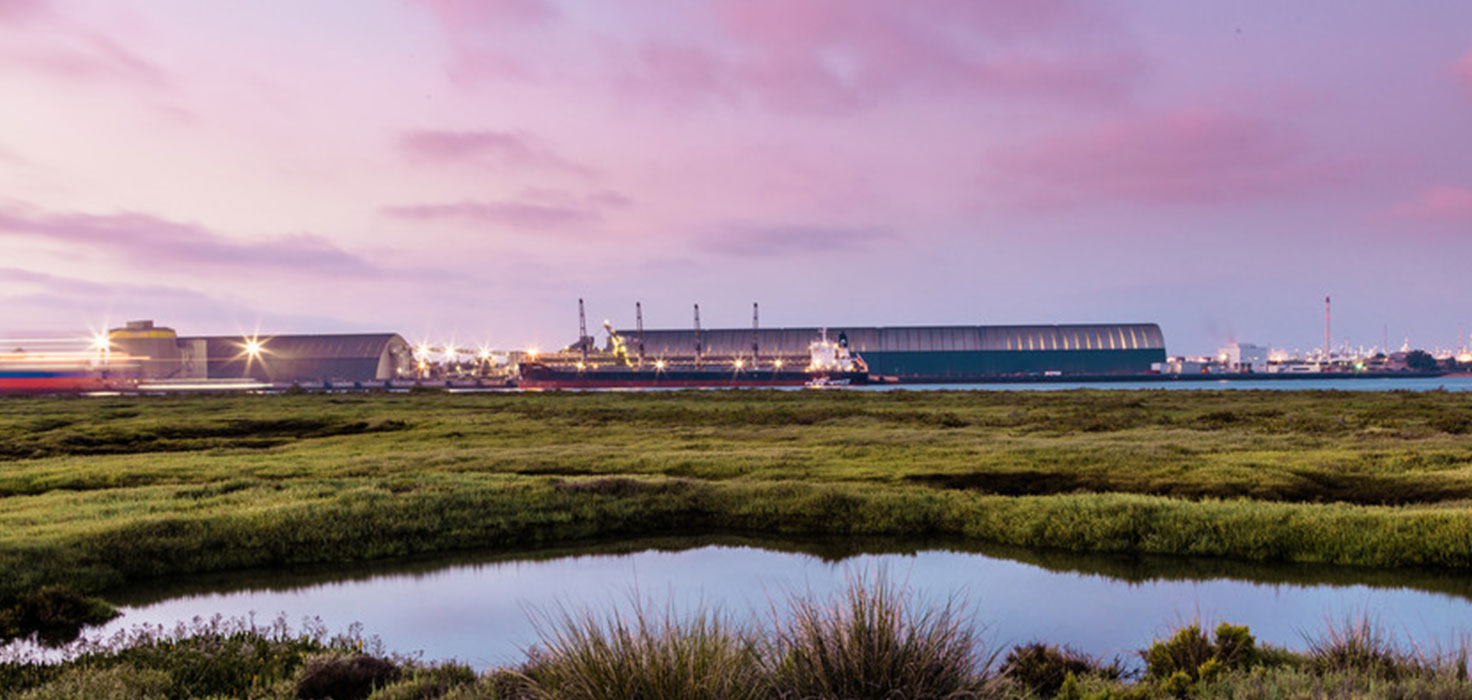
KEY FOCUS AREAS
Trafigura's commitment to sustainable practices
We listen to society’s needs and use our deep understanding of the markets we serve to make supply more efficient, secure and sustainable.
KEY SUSTAINABILITY DOCUMENTS
Further reading
Download and read our reports
You may also be interested in
Explore our publications and get the latest news and insights.
